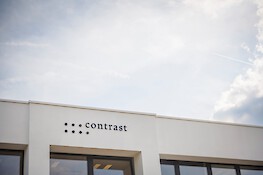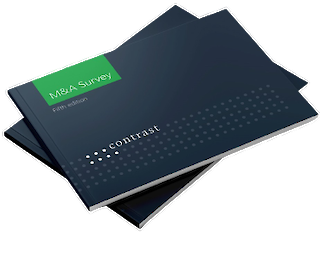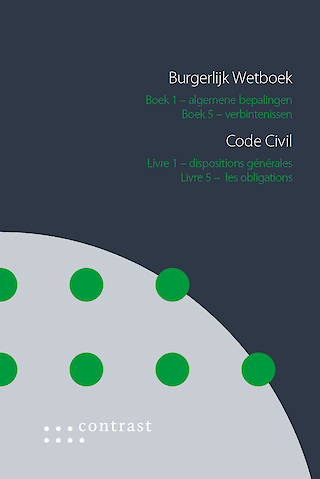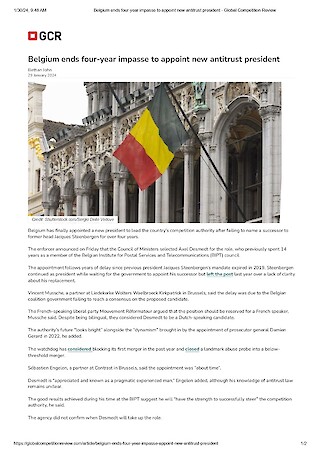In the Picture
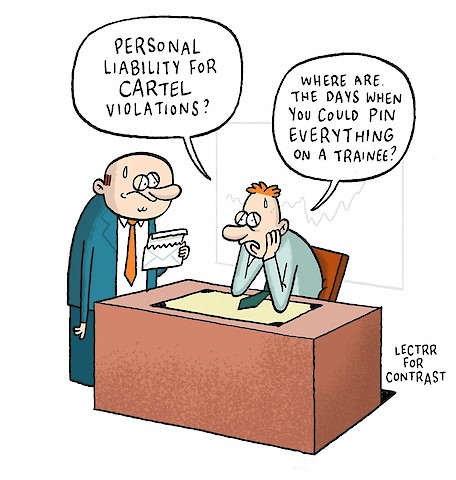
Personal liability for cartel violations
June 2014Picture this.
One fine morning, officials from the Belgian Competition Authority show up unexpectedly at your company’s doorstep, announcing that they would like to access the laptops and files of several personnel members, whom they also wish to interview – and you discover that you happen to be one of those lucky individuals. It soon becomes apparent that they are especially interested in certain meetings that are held each quarter with the competitors, meetings in which you participate. During these get-togethers there is always a brief discussion of the anticipated price evolution for the coming quarter, but none of the participants, including yourself, puts anything down on paper about the subject. Remarkably enough, however, the officials know about these discussions. They even have a list with the precise dates and locations of the meetings, and they know what price information is exchanged. Clearly someone has been talking out of turn.
During your interview, the officials inform you that, for concluding price agreements with competitors, fines can be imposed not only on your company but on yourself as well. This is the first time you have heard of such personal liability.
A brief clarification.
Following in the footsteps of our neighbouring countries, since 6 September 2013 Belgium´s competition law also provides for the liability of natural persons (article IV.1, §4 Economic Law Code), meaning that directors, management and personnel members can now be sentenced as well. This can happen if they - whether or not via a management company - negotiate or make agreements for their company (or company federation) with competitors about prices, limitations on production or sales, or the allocation of markets (in a tender procedure, for example). The personal liability thus applies for involvement in so-called "cartel violations". Distribution or supply relations are not targeted.
What is the sanction?
The fines are administrative fines ranging from 100 to 10,000 euros, and they are not tax-deductible. At present, Belgian competition law does not provide for criminal sanctions. All things considered, therefore, the sanctions remain limited - but of course, the negative publicity generated by a personal condemnation already constitutes a substantial penalty in and of itself.
How to avoid the sanction?
The old adage that "an ounce of prevention is worth a pound of cure" applies in competition law as well. A clear compliance policy can prevent involvement in illegal cartel consultation. If you have participated, however, you can - just like your company - file a so-called "leniency application". If you are forthcoming with information to the Belgian Competition Authority about illegal cartel consultation, you might qualify for immunity from prosecution.
Specifics.
What should you do if you are concerned that you may indeed have been involved in illegal meetings with competitors?
- Collect all relevant elements and present them to the legal department of your company. There is no point in sticking your head in the sand.
- Remember: you might be able to get off scot-free by filing a clemency petition leniency application. It would be wise to discuss this with your company, since you can file such a petition application together with your company. If necessary, you can also file it individually.
- Never play sorcerer´s apprentice. Competition law is technical and chock-full of pitfalls. Always ask for specialized advice.
Want to know more?
Consult the website of the Belgian Competition Authority and the article of Frank Wijckmans and Anouk Focquet on personal liability under the new Belgian competition law.





